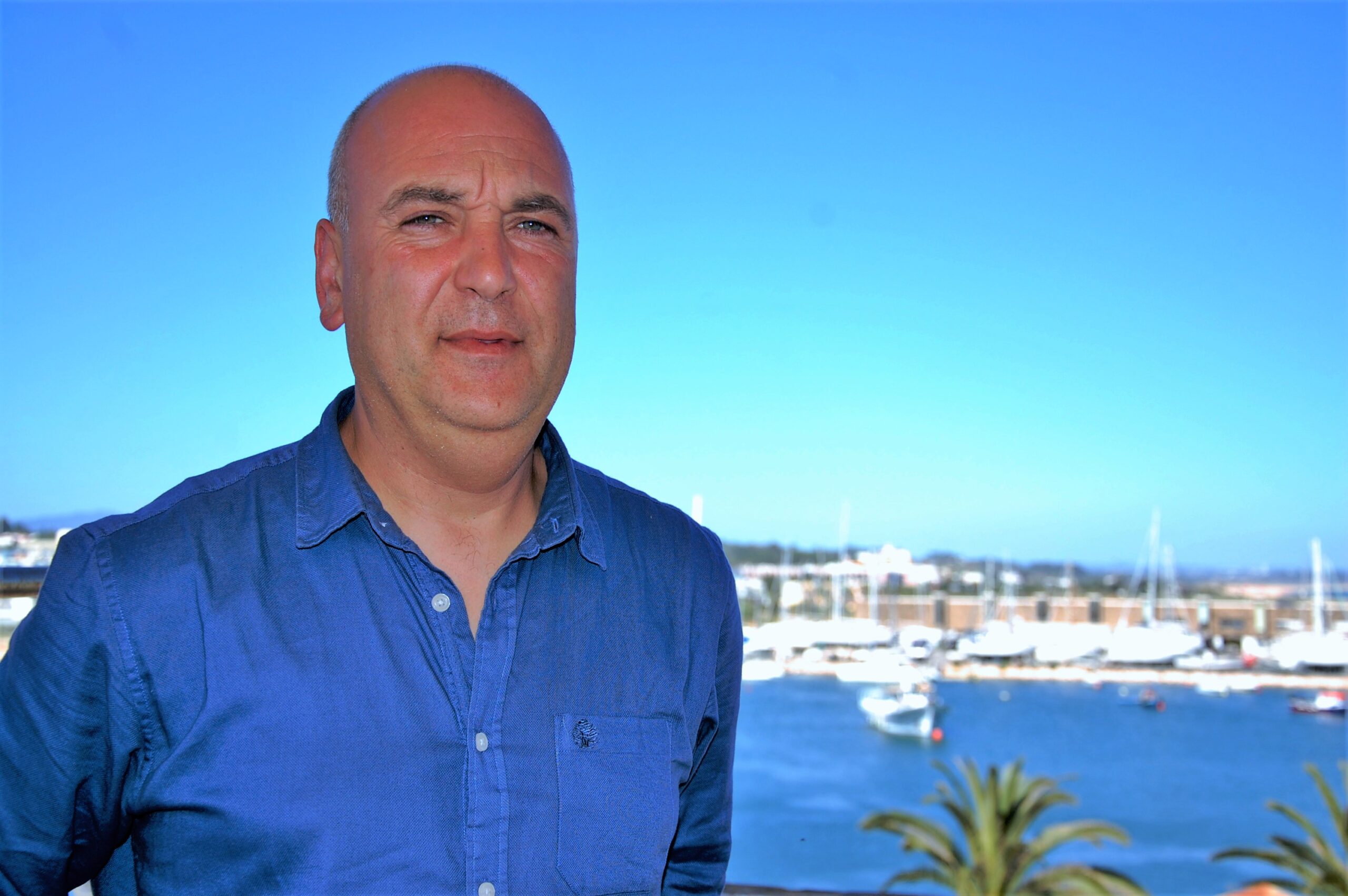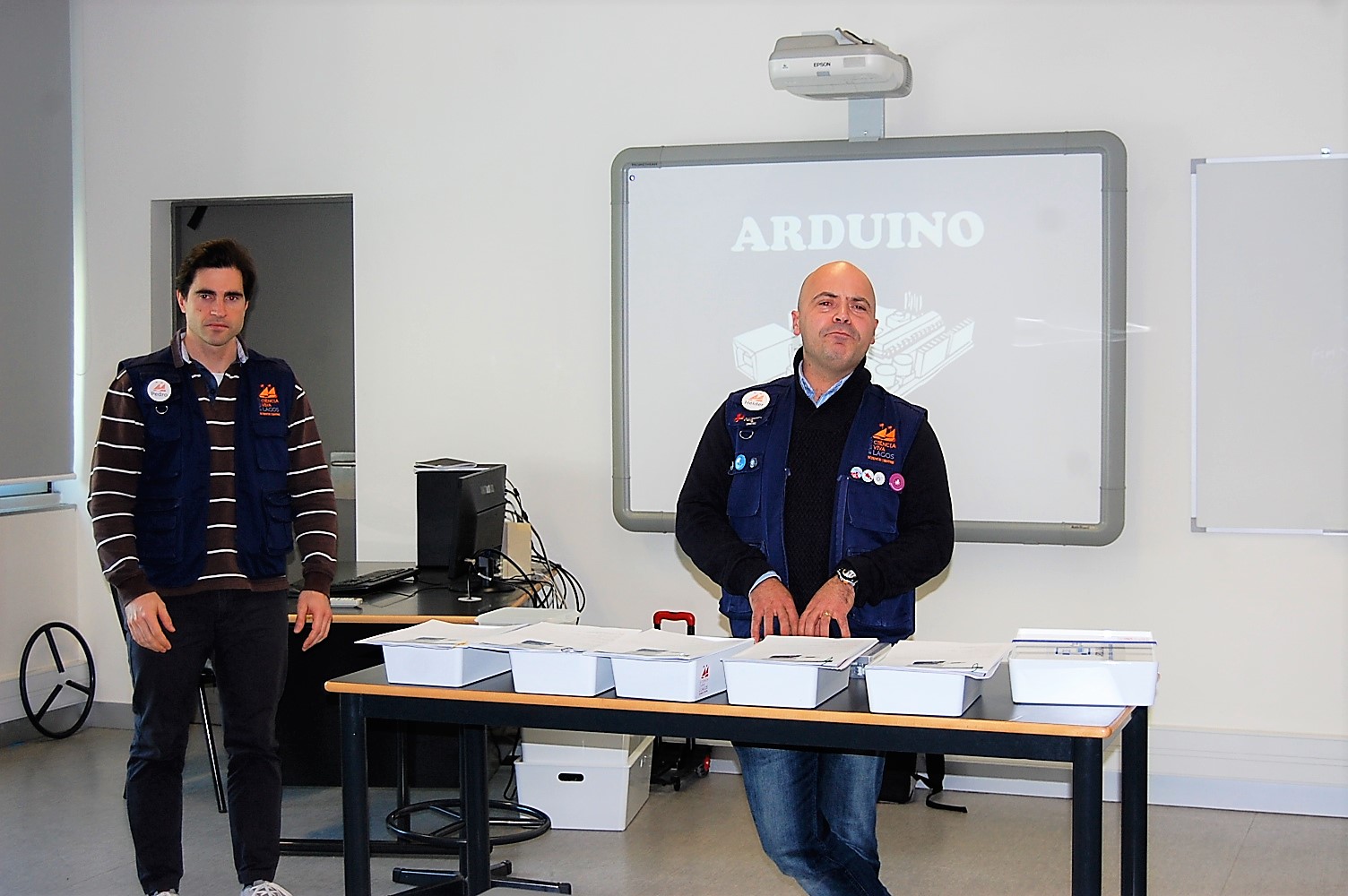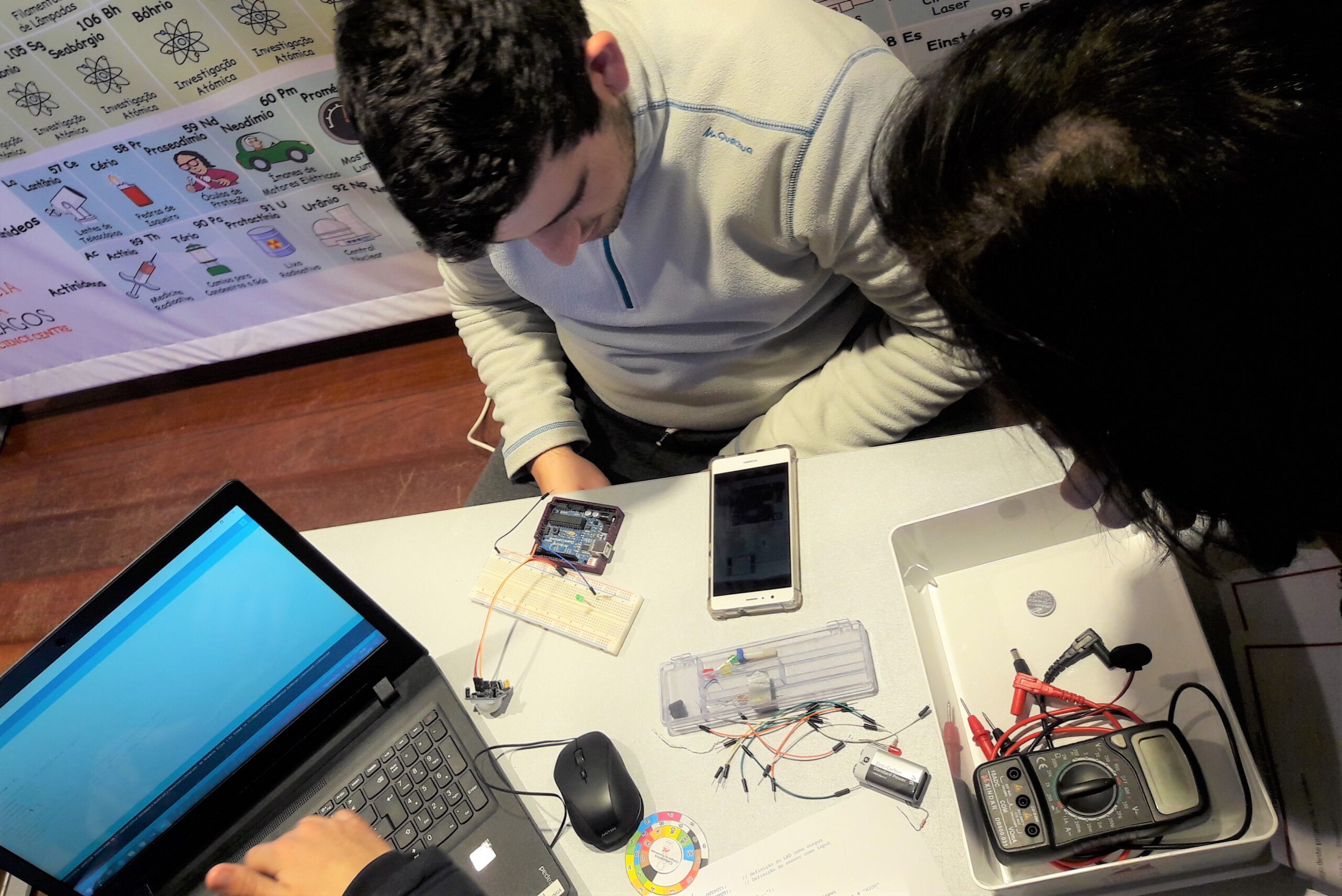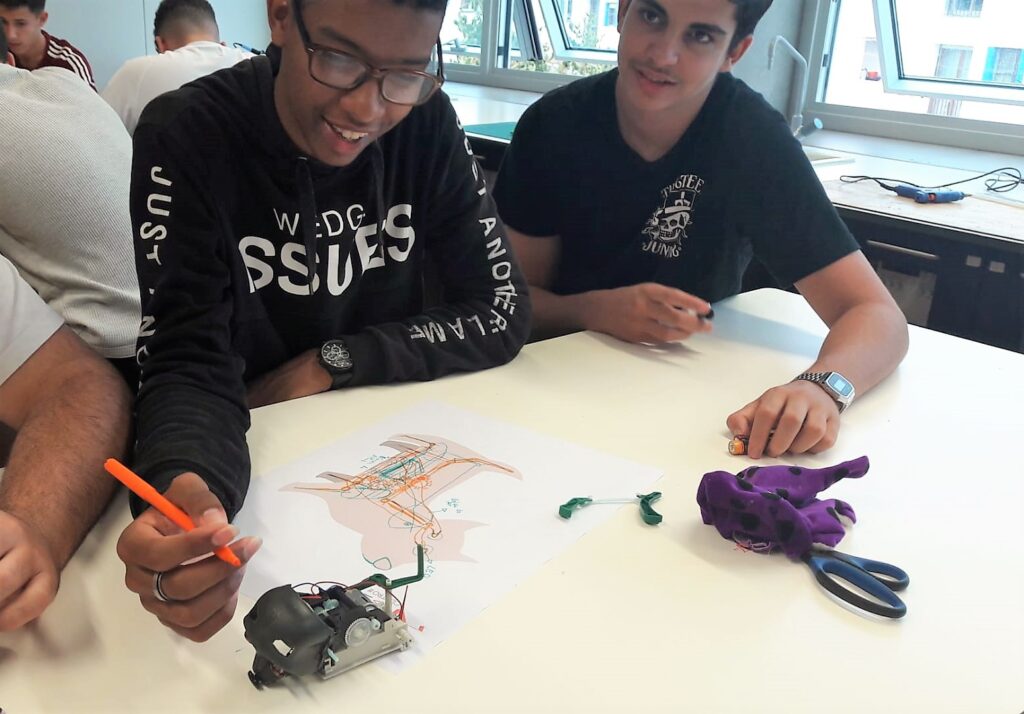The Centro Ciência Viva de Lagos is opening the doors of schools in the Algarve to the “Maker” methodology. the center is the only Portuguese representative in the European Consortium Make it Open, which intends to apply the methodologies of the “Maker” movement in classrooms. But what methodologies are these?
Luís Azevedo Rodrigues, director of the Centro Ciência Viva de Lagos, speaking to the Sul Informação, explains that this approach «does the learning path unlike what is normally done at school, where theory is learned and, during life, we find cases where that theory will be useful to solve problems. In these methodologies, the “makers” are faced with real problems, which they will try to solve. Little by little, they will look for the theory that will allow them to solve the problem».
According to the official, the inclusion of the Centro Ciência Viva de Lagos in the Make it Open, of the Horizon 2020 European Programme, financed by the European Commission, «was a pride and recognition of our work. Then there is also an interesting counterpart and being among these partners is great».

The consortium involves institutions from Israel (Bloomfield Science Museum Jerusalem), United States of America (Columbia University), Netherlands, Poland (Copernicus Science Center), United Kingdom, Belgium, through the European Association of Science Museums and Centers – Ecsite .
There is also a group of «smaller museums that have applied for a call document, where the Centro Ciência Viva de Lagos enters. There we were selected together with a Swedish, a Greek, a Spanish, a Hungarian and a Romanian museum. These are the armed arms, which will be on the ground, implementing the “maker” methodologies».
Luís Azevedo Rodrigues explains that the project's promoters consider that «it is time for the “maker” movement to integrate formal education. It can be a methodological leap in the educational process, giving a more practical component. the motto is hands on, minds on [working hands, working brains]. The project, in addition to demonstrating and presenting “maker” methodologies to the educational community, is an attempt to transform the school and propose a new educational scheme».

Another objective of this project is to «involve the school in the well-being of the community, because this type of methodology presupposes collaboration between students, students and teachers, and also outside the school. If there is a problem outside of school, for example in a company, these “makers” try to bring the solution».
The Centro Ciência Viva de Lagos, during the confinement caused by the Covid-19 pandemic, took a leading role in the printing of protective visors for health professionals but, explains its director, «what we did in March was a little bit the tip of the iceberg. 3D printers do not make a “maker” movement” and “the “maker” movement was not born for us to make visors. It was necessary at the time and we had the technical capacity to do it».
According to Luís Azevedo Rodrigues, this technical capacity was acquired because «the Center has invested a lot in this area, acquiring equipment, training the team. We have also always had the help of the Municipality of Lagos, which has made a lot of investment in our space».

Although the consortium is now having its first meetings, the work of the Centro Ciência Viva de Lagos with the educational community does not begin now. Membership in the consortium is, in fact, «the recognition that we can bring this potential to the educational system, because we have already been applying some of these methodologies».
Firstly, the Centro Ciência Viva de Lagos will take the “maker” methodology to schools through curriculum enrichment activities and also through the Ciência Viva Clubs. But this will only be the first step.
“It's a three-year project. First, we will implement the methodologies in these sessions, and we will also receive input from the consortium members. This year, it will be here in schools in the municipality of Lagos. In the second year, the objective is to expand to other municipalities and, if it goes very well, with very good results, the idea is to extend it to the rest of the Ciência Viva network, as we are not the only center with work developed in this area», emphasizes Luís Azevedo Rodrigues.
For now, «it is not foreseen that subject A, B or C will have X hours for the “Maker” aspect, but if it goes well, maybe we can “put our foot in the door” and gain this opening of the school», he concludes.
Help us to do the Sul Informação!
Contribute your donation so that we can continue to make your journal!
Click here to support us (Paypal)
Or use our IBAN PT50 0018 0003 38929600020 44



















Comments